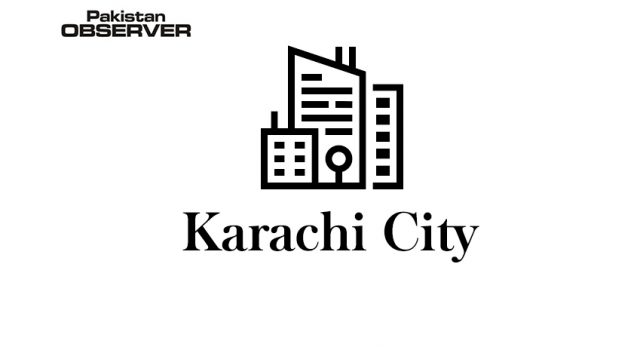The School of Economics and Social Sciences (SESS), in collaboration with the Center for Business and Economic Research (CBER) at the IBA Karachi, hosted day two of the 2nd Annual International Conference titled, ‘Development: Discourses and Critiques’. The three-day conference is taking place from March 25-27, 2022 at the IBA Karachi, Main Campus.
This year’s theme invites works from a wide range of disciplines to critique, question and reconsider the experiences of transnational, national and sub-national actors with the development process. What does ‘development’ mean for different actors, and how has this narrative shifted over time? How does development define and redefine power relations and what implications does this have for different groups? How have colonial experiences shaped futures and how does one deconstruct ideas rooted in these experiences?
To encourage innovation and diversity within modes of thinking, the conference is hosting presenters and participants from diverse backgrounds, including Skardu, Sukkur, Gilgit, Quetta, and Islamabad from Pakistan, and multiple professors from esteemed universities from the USA.
By centering radical subthemes, including but not limited to, decolonial and feminist frameworks, this conference aims to center critical perspectives that help us gain a nuanced understanding of social change and development.
The keynote address of the day and the second keynote for the conference was Hans Timmer, Chief Economist, World Bank South Asia. The address emphasized the need to reorient the development sector’s emphasis towards the digital services and digital economy. Timmer underlined the need to account for the global mobility of capital through various interactions with the internet.
The first panel of the day, and the third one for the conference, was titled ‘Impact Evaluation of Public Policies.’ The discussion included the following five panelists: Dr. Ishrat Husain, Professor Emeritus IBA and Former Advisor to the Prime Minister; Dr. Sanval Nasim, Assistant Professor of Economics, Lahore University of Management Sciences; Najy Benhassine, Country Director of World Bank Pakistan, South Asia Region; Dr. Shehreen Mustafa, Civil Servant – Sindh Rural Support Organization; and Martin Dawson, Deputy Head of Mission and British Deputy High Commission. The panel discussed the importance of different strategies with which impact evaluation of public policies can be conducted.
The second panel of the day, and the fourth one for the conference, was titled ‘Why Pakistan failed to achieve sustainable economic growth?’. The following five discussants contributed to the discussion: Dr. Gonzalo Varela, Senior Economist, World Bank; Dr. Sajid Amin Javed, Research Fellow, Head Policy Solutions Lab – SDPC; Dr. Izza Aftab, Assistant Professor, Beaconhouse National University; Dr. Wasim Shahid Malick, Professor Mehbub ur Raschid Chair, University of Peshawar; and Dr. Muhammad Nasir, Assistant Professor, Economics department, IBA Karachi. The panelist brought their own unique and rich perspectives to the discussion that questioned the Pakistani economic growth at the intersection of employment generation and economic inclusion across the board. The discussion analyzed the role of structural issues, policy failures, and the potential growth capacity in this regard.










